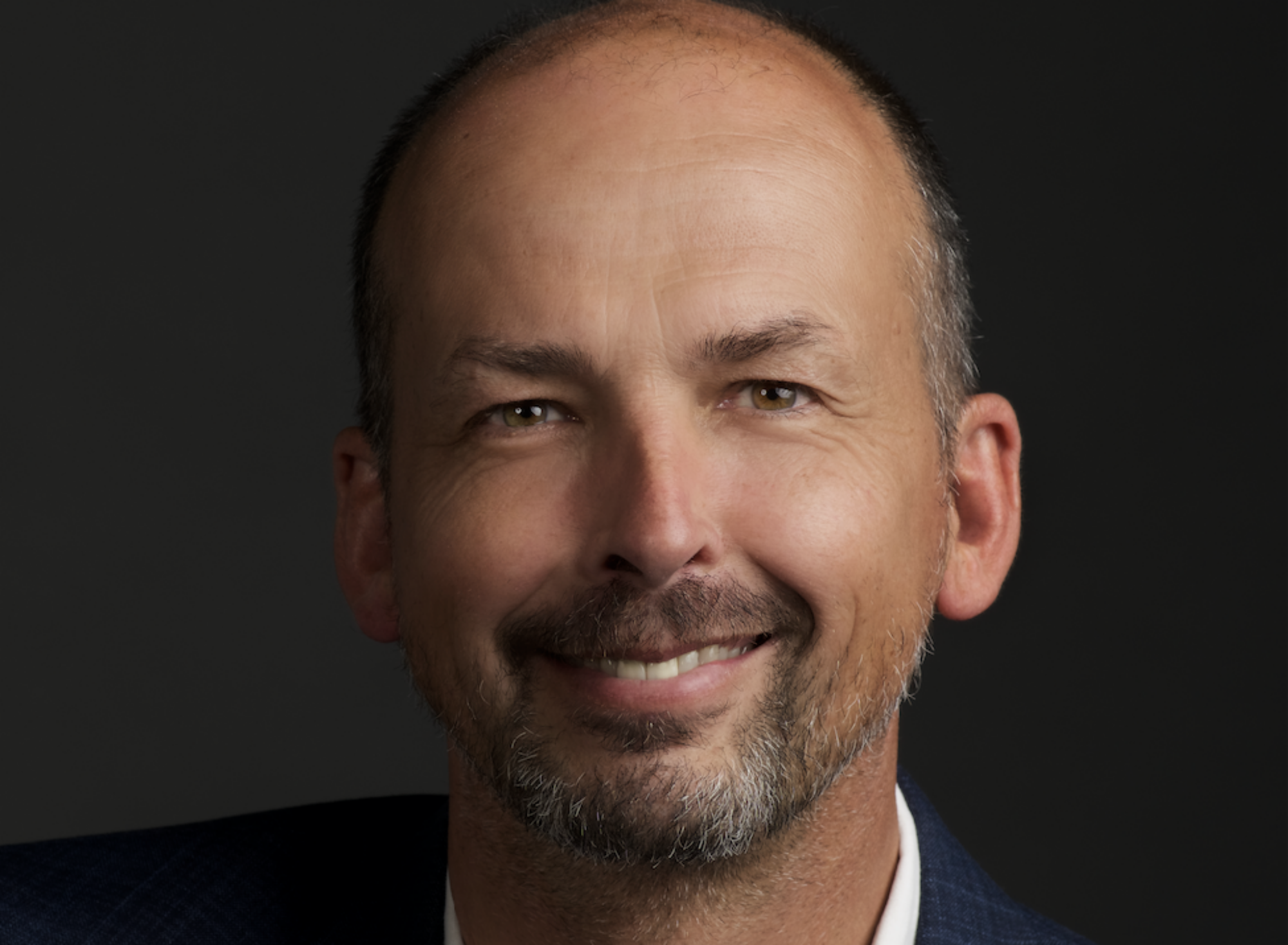Wicked article on Greed and Scarcity from Yes Magazine. By Bernard Lietaer. Hard not to be interested in an article on “biggest issues” humanity faces with the doorway of economic systems.
Excellent paper from Toke Moeller and Interchange on applications of the Art of Hosting
Other excellent resources from Interchange
Open Space Technology — Articles and Videos
Life on an AoH Host Team — A helpful description by Teresa Posakony on what it is like to be on a hosting team. Includes some on structure / flow, how to participate, teaching / learning, and working with participant hosting teams.
Guidelines for Calling an Art of Hosting — A few simple steps and rough timelines for people considering calling an AoH.
Arts
Proletariat Theatre — I met Rob Luckau, Company Director, through the Salt Lake Center for Engaging Community. I loved his commitment to building community, theatre being one medium for doing such.
“It is the mission of Proletariat Theatre to provide substantial theatre opportunity, education and experience to people of all communities and socioeconomic backgrounds. We will provide and support quality theatre education and experiences in a helping, learning environment. We value the talent in all individuals and their willingness to learn. We are committed to the development of the artist, actor, writer, techie and director in everyone.”
Articles
The Work of Leadership (Ronald A. Heifetz, Donald L. Laurie) — I love the subtitle: “Leaders do not need to know all the answers. They do need to ask the right questions.” I also like the way this article describes complex problems, “adaptive challenges.” These are not challenges to do more of the same. They are challenges “when our deeply held beliefs are challenged, when the values that made us successful become less relevant…” It also speaks to me to the need to address change from the level of identity. Less from “technical job description.” More from “adaptive learning innovators.”
The Art of Powerful Questions (Eric E. Vogt, Juanita Brown, David Isaacs)
Invitations — For several Art of Hosting Trainings
Tips for Hosting Large Open Space Meetings
Video
Conversation as a Radical Act — Juanita Brown
The Global Mindshift — I like the conciseness of description on the requirement for connection, for global community to be in global challenges.
Harvesting (Chris Corrigan, 3 minutes) — From Tampa Bay Art of Hosting, that Chris and I co-hosted with others in May 2008.



